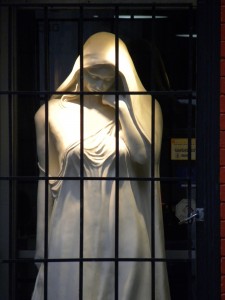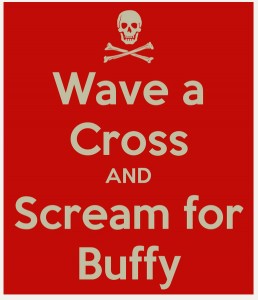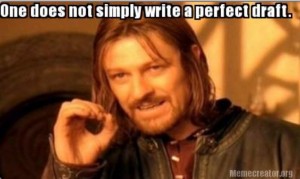 One of the exercises I run past my “Creating Universes, Building Worlds” group is to start a piece and, within five paragraphs, establish the speculative subgenre–fantasy, horror, cyberpunk, hardSF, whatever.
One of the exercises I run past my “Creating Universes, Building Worlds” group is to start a piece and, within five paragraphs, establish the speculative subgenre–fantasy, horror, cyberpunk, hardSF, whatever.
Then I have them rewrite the same fragment in a different genre.
It always yields interesting results, and something that’s pretty consistent, from class to class, is that few people tackle horror and many of those submissions are less in your face, less out-and-out unabashedly horror, less easy to identify than the fantasy, the dystopian near-future SF, the time travel, and the space opera.
I was reminded of this today when I read “each thing I show you is a piece of my death,” by Gemma Files and Stephen J. Barringer, because by the time I hit the word canker, I’m not in any doubt. And from there the authors just dial it up:
“There is nothing either good or bad, but thinking makes it so.”
–The Tragedy of Hamlet, Prince of Denmark, William Shakespeare.Somewhere, out beyond the too-often-unmapped intersection of known and forgotten, there’s a hole through which the dead crawl back up to this world: A crack, a crevasse, a deep, dark cave. It splits the earth’s crust like a canker, sore lips thrust wide to divulge some even sorer mouth beneath–tongueless, toothless, depthless.
The hole gapes, always open. It has no proper sense of proportion. It is rude and rough, rank and raw. When it breathes out it exhales nothing but poison, pure decay, so bad that people can smell it for miles around, even in their dreams.
Especially there.
Through this hole, the dead come out face-first and down, crawling like worms. They grind their mouths into cold dirt, forcing a lifetime’s unsaid words back inside again. As though the one thing their long, arduous journey home has taught them is that they have nothing left worth saying, after all.
Because the dead come up naked, they are always cold. Because they come up empty, they are always hungry. Because they come up lost, they are always angry. Because they come up blind, eyes shut tight against the light that hurts them so, they are difficult to see, unless sought by those who–for one reason, or another–already have a fairly good idea of where to start looking.
It’s a great story, if you’re looking for a creepy read.





